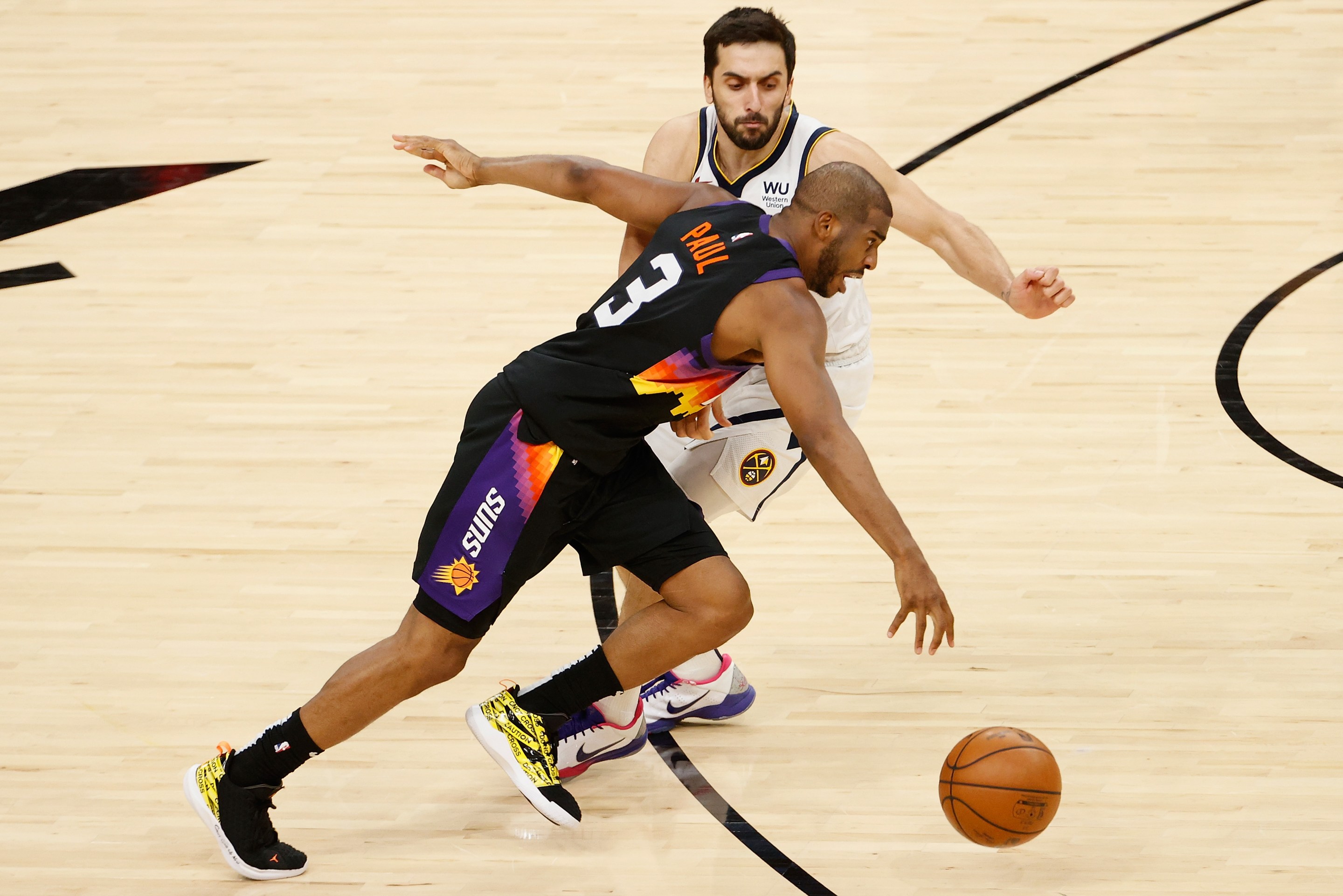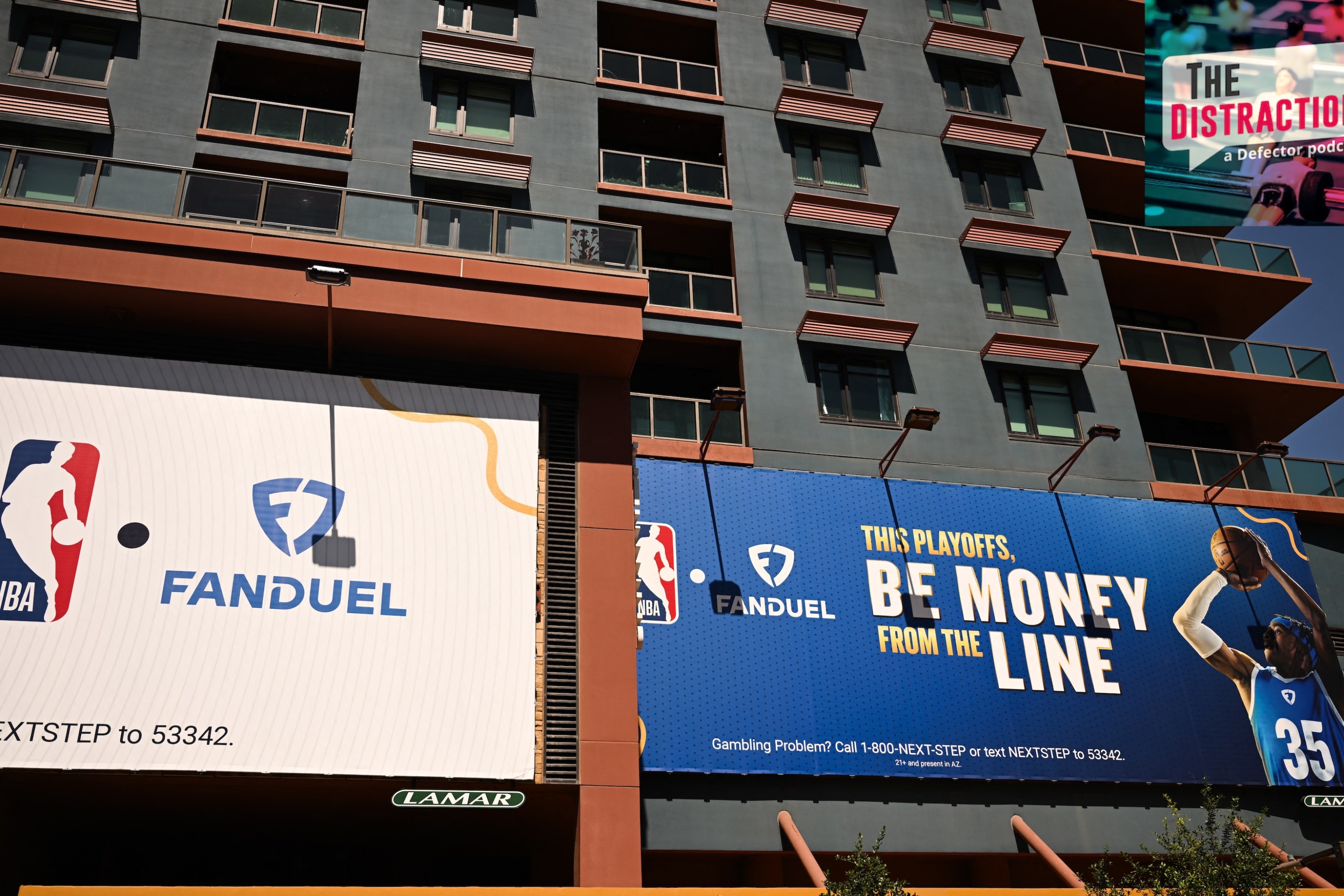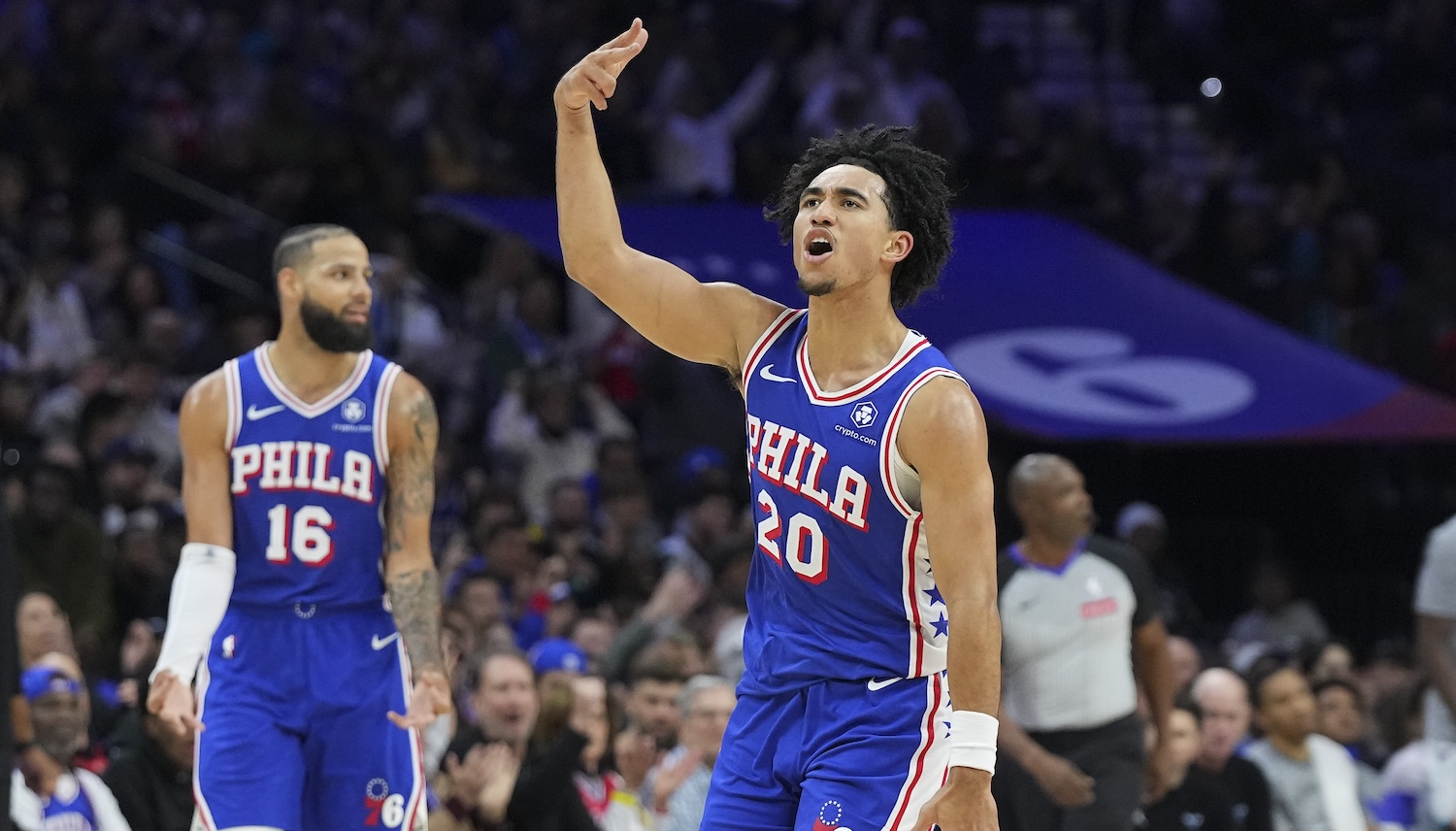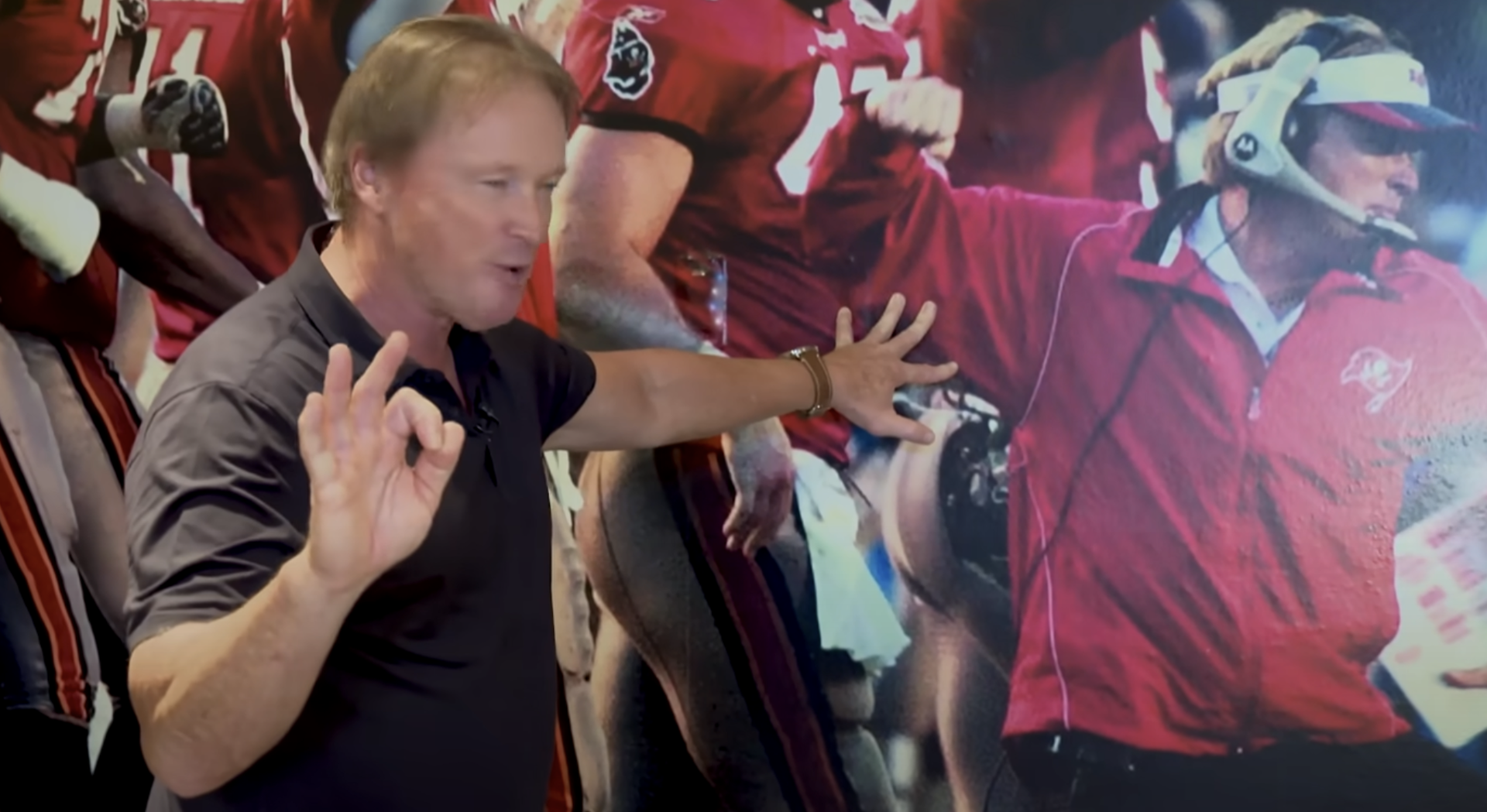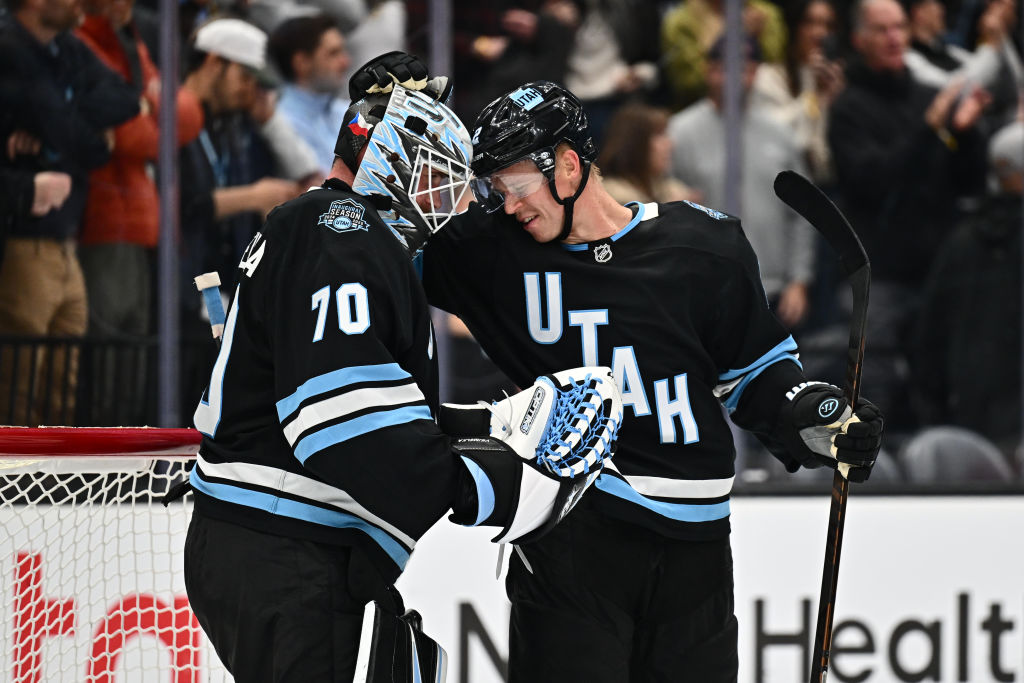By now the arc of a normal Chris Paul game is pretty well established. He prefers to spend his early minutes probing and distributing and mapping out how the opposing team intends to defend various actions—how they're handling ball-screens, who will switch and under what circumstances, where the help will come from, and so forth—which at least superficially can give the appearance of passivity. If all goes well enough, at some point in the second half he will have sized everything up, worked his teammates into shooting rhythms, exposed and exploited certain vulnerabilities, and set the stage for a little burst of his own offense. Suddenly he is raining in one elbow jumper after another and possession by possession squeezing the last of the fight out of the opposition. The scoring surge is just as methodical as the probing, only now it looks cooler, and you can more easily point at it on a box score as shorthand for the concept of domination.
This doesn't always go as planned. A big part of Paul's reputation for glaring personal playoff failures comes down to flipping that aggression switch and finding that the fuse has blown or whatever, and instead of an ultra-efficient handful of timely buckets against a softened-up defense, it's a run of increasingly panicky, forced, ref-baiting junk that ultimately hastens his own defeat. He's played on some teams that could survive the odd power outage in a big series, but not many, and anyway when you're as ball dominant as Chris Paul almost no supporting cast can sustain playoff-grade offense for long if the rabbit you were meant to pull from your hat turns out to be a handful of poop. That's the downside of being an alpha guard who prefers to do his scoring work late: When it doesn't work, it's hard to call it anything but a choke job.
It worked Monday night, in Phoenix's impressive 122-105 Game 1 win over the Denver Nuggets. The Suns trailed early, and Paul was both passive as a scorer and a little off the mark when forced to look for his own shot. He's old now, and creaky, and he injured his right shoulder in the Lakers series; without the practice time of the regular season, Paul can't really know how ready that shoulder is for scoring duty until he's on the court and in the shit: "Yeah, it definitely loosens up,” Paul said after the game. “But one thing about it is you don’t get, like, no practice time. The only way you get a chance to see how it is is in a game." He opened the night 2-for-8 from the floor, and the Suns trailed for most of the first half and deep into the third quarter.
But then the fourth quarter came around, the shoulder was loose, and Paul's grasp of Denver's defense was complete. Paul Time is nowhere near as electric as Dame Time, but it contains its own packet of delights, so long as you can enjoy a crafty old guy pulling a selection of choice stuff out of a well-worn catalogue of signature go-tos. He had a little move for every type of defender: isolation pull-up jumpers from the elbow against retreating big guys; a rumbling drive to the cup and a funky half-Eurostep finish when guarded by the only smaller guy on the court; a step-back three-pointer for fellow geezer Paul Millsap; and a high-arcing one-legged fadeaway after he'd driven Nikola Jokic into the restricted arc. He even threw in a savvy little on-the-go ball-fake to neutralize a contest at the rim on a nice darting cut from the wing. And he did all of it without ever breaking into a sprint, as befits a dignified elder.
Paul's game has never exactly been beautiful, as loaded down as it is with dark-arts craftsmanship and tuned to an odd, jerky, staccato rhythm. In many ways it's suited to oldness, the way Andre Miller's keister-first offensive repertoire reached its aesthetic peak in his age-38 season, nearly a decade past his athletic prime. Injuries and wear have sapped most of Paul's outrageous athletic gifts, but to an appreciator of old-man game the limitations imposed by physical decline have only made it easier to appreciate Paul's finely honed skills and instincts, all the little feints and eye-fakes and exaggerations that he uses to create space and wrong-foot defenders.
At about the three-minute mark of that video, Paul runs a break at about the jogging pace of a tired old English Bulldog; only his weird off-beat rhythm and a series of head and eye movements keep the defense in an unsteady retreat. The last thing on earth Paul wants to do in that scenario is shoot the ball, and everyone on either team has known that for as long as they've been in the NBA. Paul's job, then, is to unzip a path to the cup for one of his teammates, while possessing exactly zero of the raw athletic gifts that would force a defender to take him seriously as a scoring threat. He manages it, without even pretending to want to shoot, by exaggeratedly scanning the floor for an outlet, then timing his pass with an utterly harmless straight-line acceleration toward the basket. Jokic, the last man back, has had just enough time to form the impression that Paul was baiting him for something, when in fact the truth was hiding in plain sight: Paul was only ever going to pass. Even if you prefer to never be charmed by this man, this shit is charming.
Paul knocked down all six of his shots in the fourth quarter, added a free throw and three assists, and scored 10 straight points during the climax of the decisive 42-14 second-half run that put Phoenix ahead for good. Phoenix has lots of guys who can put the ball in the bucket, and Paul will continue to feed them the looks they need to work their way into a scoring rhythm, but Monday's fourth quarter was a fun reminder that he's still got that arsenal of immediately recognizable Chris Paul moves, and is ready to dig into it when the opportunity presents itself, and not a moment sooner.
